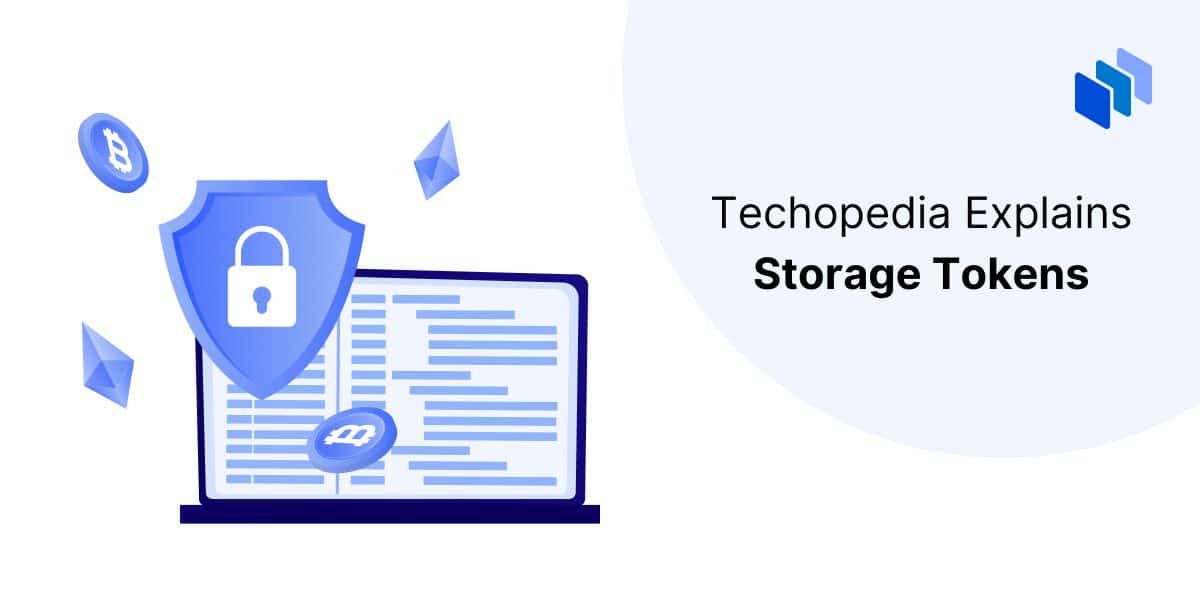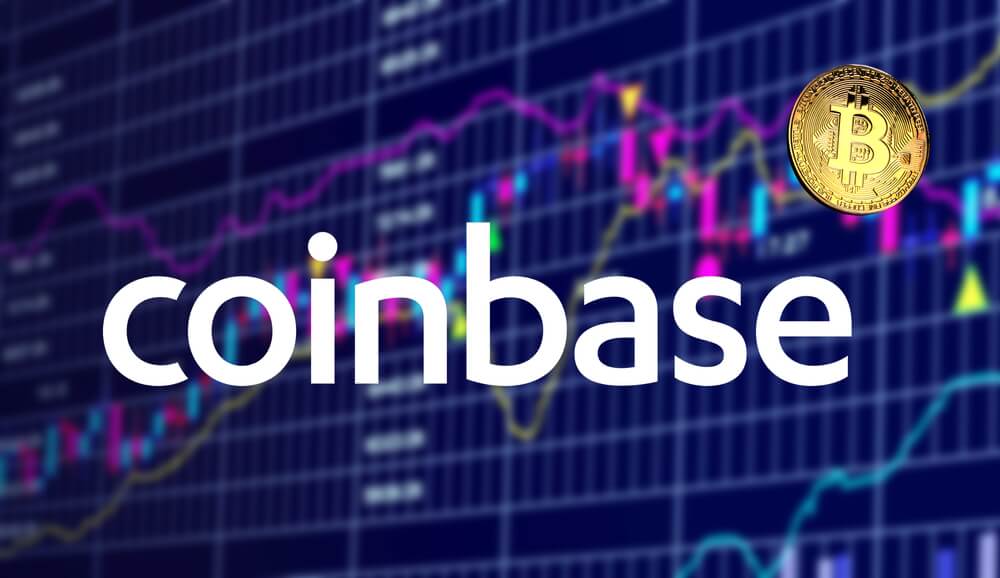What is a Storage Token?
A storage token is a cryptographic token that signifies a user’s rights to a specific amount of storage space within a decentralized file storage network.
Popular storage token examples include:
- Filecoin (FIL)
- Internet Computer (ICP)
- BitTorrent (BTT)
- Arweave (AR)
- Ocean Protocol (OCEAN)
Techopedia Explains
Storage tokens are not just placeholders but are functional units of value within the ecosystem. Users can buy, sell, or trade these just like any other cryptocurrency. Their value is largely determined by the demand for storage space within the network.
Beyond their basic utility, storage tokens often have governance functions, allowing holders to vote on upgrades or changes to the decentralized storage protocols.
Essentially, these tokens act as the lifeblood of decentralized storage systems, serving both an economic and functional role.
Why are Storage Tokens Important?
The importance of storage tokens emanates from the broader need for decentralized storage options. Traditional centralized storage systems, although highly functional, have been criticized for their vulnerability to data breaches, lack of transparency, and single points of failure.
Decentralized storage platforms, backed by blockchain technology, mitigate these risks by distributing data across a network of nodes rather than storing it in a central location. This ensures enhanced security, transparency, and reduced cost of storage.
However, for these platforms to function effectively, there needs to be an incentive mechanism, and this is where the tokens come into play.
They incentivize users to contribute their unused storage space in return for tokens, thus ensuring the health and efficiency of the decentralized network.
History of Decentralized File Storage
The concept of decentralized file storage has evolved alongside the growth of blockchain technology and the decentralized finance (DeFi) ecosystem. Early implementations were mostly experimental, aimed at testing whether blockchain could indeed revolutionize data storage.
Projects like Filecoin and Storj pioneered the use of tokens as both a governance tool and a medium of exchange within decentralized storage networks.
Over time, platforms like IPFS and Sia have joined the fray, further solidifying the place of these tokens in the crypto ecosystem.
What started as a theoretical concept has now become a multi-million dollar industry, with several tokens listed on major exchanges and actively traded.
The Future of Storage Tokens
Looking ahead, decentralized file storage is poised to become even more critical as data generation continues to skyrocket, further straining existing centralized storage infrastructures.
Future developments may include more advanced governance mechanisms, enhanced interoperability features for seamless data transfer across various platforms, and even layer 2 solutions for improved scalability.
Moreover, as more enterprises begin to adopt blockchain for various use cases, the demand for decentralized storage – and by extension, storage tokens – will likely soar.
Expect to see more sophisticated economic models that aim to balance the incentivization of both storage providers and users, thereby ensuring the long-term viability of decentralized storage ecosystems.
The Bottom Line
Storage tokens are far more than just another asset in a trader’s portfolio; they are a foundational component of decentralized storage platforms.
They solve real-world problems by providing a more secure, transparent, and cost-effective alternative to traditional data storage methods.
As we continue to move towards a more digitized world, the need for robust data storage solutions will only increase, making these tokens an essential part of the digital economy.
As such, the future of decentralized file storage looks bright, with innovations in blockchain technology likely to bring more efficiency, security, and functionality to this critical facet of the decentralized landscape.






